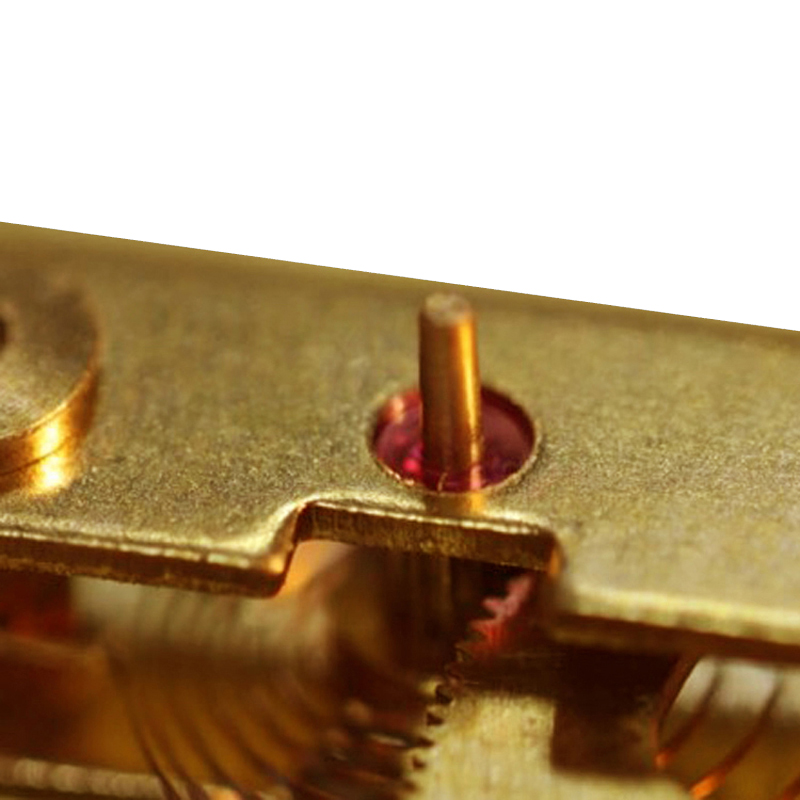
Dec . 01, 2024 12:23 Back to list
Understanding the Functionality and Applications of Differential Pressure Gauges in Various Industries
Understanding Differential Pressure Gauges and Their Service
Differential pressure gauges are crucial instruments widely used in various industries for monitoring and measuring the difference in pressure between two points in a fluid system. These devices are essential for ensuring the efficient operation of equipment and processes, from HVAC systems to chemical manufacturing plants. This article will delve into the significance of differential pressure gauges, their applications, and the importance of proper service and maintenance.
What is a Differential Pressure Gauge?
A differential pressure gauge measures the pressure difference between two points in a system, which can indicate a variety of conditions. It can be used to monitor filter status, fluid levels, and flow rates, among others. The basic functioning principle of these gauges involves two pressure inputs—often referred to as the high side and low side. When a pressure differential occurs, it is registered as a measurable output, typically displayed on a dial or digital screen.
Applications of Differential Pressure Gauges
1. HVAC Systems In heating, ventilation, and air conditioning (HVAC) systems, differential pressure gauges help monitor airflow and filter conditions. By measuring the pressure before and after filters, these gauges ensure that the system is running efficiently and can alert personnel when filters need replacing.
2. Process Industries In industries such as oil and gas, food and beverage, and pharmaceuticals, differential pressure measurements are vital for understanding fluid dynamics in pipes and vessels. They help in maintaining optimal flow rates and can detect leaks or blockages in the system.
3. Water Treatment Plants Most water treatment facilities utilize differential pressure gauges to monitor the pressure of water before and after treatment processes. This ensures that any drop in pressure is detected promptly, indicating potential problems like clogging or equipment failure.
4. Medical Equipment Differential pressure gauges are also utilized in medical applications, such as monitoring the pressure difference across a ventilator to ensure proper airway pressure for patients.
Importance of Service and Maintenance
To ensure that differential pressure gauges function correctly, regular servicing and maintenance are critical. Over time, these instruments can experience wear and tear, leading to inaccurate readings or complete failure. Here are some key reasons why maintaining differential pressure gauges is vital
1. Accuracy and Reliability Regular calibration and servicing ensure that the gauge provides accurate readings. An erroneous pressure reading can result in poor system performance, potential safety hazards, or costly downtime.
differential pressure gauges service

2. Preventing Equipment Damage Failure to monitor differential pressure can lead to equipment damage. For instance, a blocked filter can cause excessive pressure buildup, potentially damaging connected machinery. Regular checks can help prevent these situations.
3. Extending Lifespan Proper maintenance can significantly extend the life of the gauge. This includes cleaning, recalibration, and replacing worn-out parts, which can prevent premature failures.
4. Compliance with Regulations Many industries have stringent regulations regarding monitoring and reporting. Regular service of pressure gauges helps ensure compliance with these standards, avoiding potential fines and improving operational safety.
Best Practices for Maintenance
To maintain the efficiency of differential pressure gauges, consider the following best practices
- Regular Calibration Schedule regular refinements and calibrations according to manufacturer guidelines to ensure measurement accuracy.
- Visual Inspections Conduct periodic visual inspections for physical damage, leaks, or corrosion, especially in harsh environments.
- Cleanliness Keep the area around the gauge free of debris and contaminants that might affect performance.
- Documentation Maintain a detailed log of maintenance activities, including calibration dates and any repairs or parts replacements. This documentation can be invaluable for auditing processes.
Conclusion
In summary, differential pressure gauges play a pivotal role in various industries by providing essential measurements that help maintain system efficiency and safety. Understanding their importance and implementing a strict service and maintenance regimen is crucial for leveraging their capabilities. With proper care, differential pressure gauges can provide reliable and accurate measurements, ultimately contributing to the overall success of operations in diverse fields.
-
Bourdon-Type Differential Pressure Gauges High Accuracy & Affordable Pricing
NewsMay.22,2025
-
Vacuum Differential Pressure Gauges High-Precision Solutions & Quotes
NewsMay.22,2025
-
Durable Diaphragm Pressure Elements High Accuracy & Custom Quotes
NewsMay.22,2025
-
AG Precision Pressure Gauges High Accuracy & Global Exporters
NewsMay.21,2025
-
Ashcroft Diaphragm Pressure Gauges Precision & Durability
NewsMay.21,2025
-
Micro Differential Pressure Gauges High-Precision & Compact Solutions
NewsMay.20,2025
